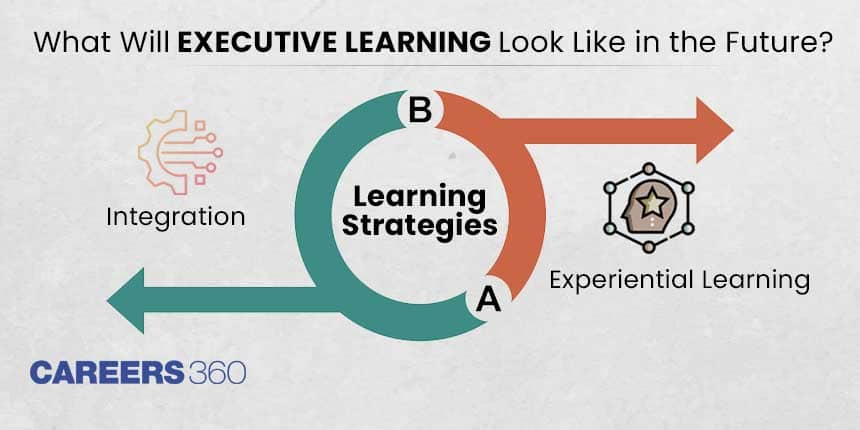What Will Executive Learning Look Like in the Future?
In this article, Rajnish Dass, MD of Catallyst Executive Education Institute (CEEI) discusses the future of executive learning among other key aspects.

Introduction
As organisations navigate the ever-evolving landscape of the modern business world, the field of learning and development stands as a cornerstone of strategic growth and adaptation. Looking forward, it is essential to delve into the shifting dynamics of organisational learning, exploring the trends that will shape the industry's future trajectory.
Organisations have recognised the importance of utilising learning and development not only to make themselves future-fit but also to extend learning beyond the confines of the classroom. They strive to create hyper-customised and personalised learning experiences tailored to the specific needs of their target audience, ensuring a shift across competencies. The primary goal for participants is to ensure the continuity and sustainability of learning beyond traditional classroom sessions.
Also read: Executive MBA
Learning Strategies
This involves leveraging various strategies such as asynchronous learning methods, peer-to-peer learning, interaction with industry experts, immersive experiences like escape rooms, mentoring for action learning projects, and assessments for personalised development plans. Additionally, necessary behavioural coaching is offered to ensure participants receive a comprehensive and holistic learning experience.
Integration
Many organisations prioritise outcome-oriented learning, aligning learning and development initiatives with organisational goals to drive strategic execution. This integration connects organisational strategy with education, fostering a cohesive approach towards achieving business objectives. Furthermore, there is a growing emphasis on impact assessment regarding business outcomes. This trend is particularly notable in senior and top leadership training programmes, which are increasingly structured as learning journeys spanning 6 to 12 months.
Also read: Online Executive MBA
Experiential Learning
In tandem with this shift, organisations are embracing experiential learning methods such as case studies and simulations, tailored to reflect real-world challenges and cultural nuances. Technology is playing an increasingly integral role in learning and development initiatives. Customised technology platforms are emerging as one-stop portals, creating hyper-personalised learning journeys for individual learners and leading to the development of personal learning clouds, enhancing the effectiveness of these journeys.
Read more: Cloud Computing
When it comes to learning and development for frontline junior and middle management participants, many organisations are reverting to the creation of customised asynchronous learning. This method combines live webinars and sessions for query resolution with case studies and evaluations, empowering participants to engage in self-paced learning tailored to their individual needs. Simultaneously, organisations are integrating machine learning-based approaches for continuous evaluation and predictability of learning outcomes, optimising learning interventions and driving greater efficiency in skill development.
Conclusion
As organisations strive to remain agile and future-ready, the evolution of learning and development practices will play a pivotal role in shaping their success. By embracing adaptive and outcome-oriented trends, companies can navigate the challenges of tomorrow and empower their executives for continued growth and success.
The Author is The Managing Director of CEEI (Catallyst Executive Education Institute)
